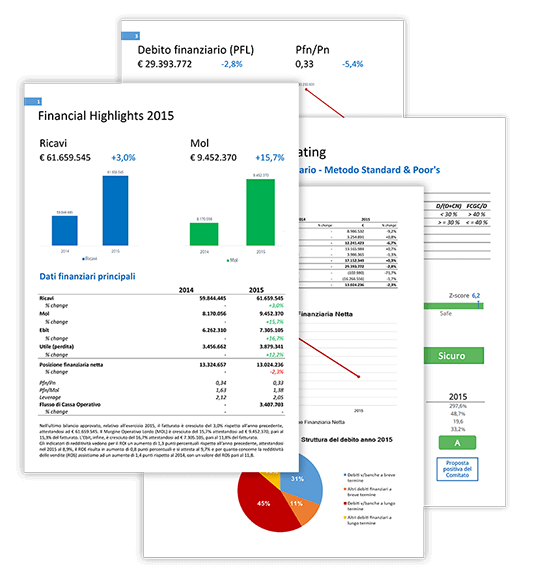
Your bank statement is a vital tool for understanding your financial health and managing your money effectively. It provides a detailed record of your financial transactions, including deposits, withdrawals, and other activities. However, many people make avoidable mistakes when reviewing their bank statements, leading to misinterpretation and potential financial risks.
In this article, we will explore the common mistakes to avoid when examining real bank statements, empowering you to navigate your finances with confidence.
Mistake #1: Ignoring the Fine Print
Subheading: Understanding the Importance of Fine Print
Bank statements often contain valuable information in the fine print, such as fee schedules, interest rates, and other account-specific details. Ignoring this section can lead to overlooking essential financial data and potential fees that might affect your account balance.
Mistake #2: Failing to Reconcile with Records
Subheading: The Importance of Reconciliation
One of the most significant mistakes is not reconciling your bank statement with your personal financial records, including receipts and transaction logs. Failing to do so can result in missing discrepancies or unauthorized charges that could signal fraudulent activity.
Read It: How Do I Make Pay Stubs for employees?
Mistake #3: Overlooking Small Transactions
Subheading: The Impact of Small Expenses
It’s common to dismiss small transactions as insignificant, but they can add up quickly and impact your overall financial situation. Those daily coffee runs or impulse purchases might seem harmless, but a closer look can reveal areas for potential savings.
Mistake #4: Misinterpreting Transaction Descriptions
Subheading: Decoding Transaction Details
Transaction descriptions in bank statements can be cryptic, using abbreviations or unfamiliar terms. Misinterpreting these descriptions can lead to confusion about the nature of the transaction, affecting your budgeting and financial planning.
Mistake #5: Forgetting Automatic Payments
Subheading: Handling Recurring Charges
Automatic payments, such as subscriptions or utility bills, can be easily overlooked when examining bank statements. Forgetting about them might lead to insufficient funds or unnecessary overdraft fees.
Mistake #6: Not Reporting Errors Promptly
Subheading: Taking Swift Action
Spotting an error or discrepancy in your bank statement is not uncommon. However, failing to report it to your bank promptly can result in delayed resolution, potentially leading to financial losses or additional charges.
Read it: Effortless Financial Management: How a Bank Statement Creator Simplifies Your Life
FAQs – Common Mistakes When Examining Real Bank Statements:
Q1: Can a bank statement error be corrected after a certain period?
A1: Yes, but it’s best to report any errors or discrepancies as soon as you notice them. Some banks have specific timeframes for reporting issues, and prompt action increases the chances of a swift resolution.
Q2: How can I avoid missing small transactions in my bank statement?
A2: Consider using personal finance apps or budgeting tools that automatically categorize and track expenses. These tools can help you stay on top of even the smallest transactions.
Q3: Is it necessary to keep physical copies of bank statements?
A3: While it’s not mandatory, it’s prudent to keep digital or physical copies of your bank statements for future reference and financial record-keeping.
Q4: Can I dispute a bank fee mentioned in the fine print?
A4: Yes, if you believe a fee is incorrect or unjustified, you have the right to dispute it with your bank. Contact your bank’s customer service for assistance.
Conclusion:
Avoiding common mistakes when examining your real bank statements is essential for maintaining financial accuracy and making informed decisions. By understanding the importance of fine print, reconciling records, and paying attention to transaction details, you can ensure a clear and accurate picture of your finances.
Don’t overlook small transactions, and remember to account for automatic payments to avoid surprises and unnecessary fees. Most importantly, report any errors or discrepancies promptly to your bank to facilitate quick resolution.
By heeding these guidelines and learning from the FAQs, you’ll be better equipped to manage your finances responsibly and achieve your financial goals. Utilize your bank statements as valuable tools for financial empowerment, and let them guide you toward a brighter and more secure financial future.



